Description
This plant is restricted for shipment to CA, WA, OR, UT, AK, HI, or Canada.
Latin Name: Castanea mollissima
Hardiness Zones: 4-8
Common Names: Chinese Chestnut Mature Size: Typically grows 40-60 feet (12-18 meters) tall with a rounded crown (Missouri Botanical Garden). Under ideal conditions, it has a slow to medium growth rate of 12 to 24 inches per year.
Soil and Climate Requirements: Chinese Chestnuts prefer moderately acidic, well-drained loam soil and thrive in full sun. They tolerate hot and humid summers well and are highly drought tolerant. Established trees can also adapt to drier soil conditions. Native to China and possibly Korea (Missouri Botanical Garden).
Notes: The Chinese Chestnut tree is highly resistant to chestnut blight. Its leaves are oblong with toothed edges, typically measuring 5-8 inches (12-20 cm) long and dark green in color, turning various shades of yellow in fall. Showy, fragrant flowers appear towards the end of spring or early summer, with yellowish-white male flowers on the upper part of the catkin and female flowers near the base. After pollination, edible nuts develop within spiky burrs, which are 2-3 inches (5-8 cm) wide. Each burr usually contains 2-3 nuts, each approximately 1-1.5 inches (2-4 cm) wide (Virginia Tech). Nuts begin to form by the fourth or fifth year and ripen from mid to late September through October. While large and sweet, they are not as sweet as American Chestnuts (Missouri Botanical Garden). The bark is gray-brown and slightly furrowed (Virginia Tech). Chinese Chestnut trees are cultivated for their nuts and ornamental value (Missouri Botanical Garden).
Potential Issues: Although highly resistant to chestnut blight, Chinese Chestnuts are not immune and can be vulnerable to anthracnose, weevils, twig and stem cankers, and leaf spot (Missouri Botanical Garden).
Wildlife Value: Chinese Chestnuts are enjoyed by deer, turkey, squirrels, and various other wildlife species.
For more information, visit:
- Virginia Tech Dendrology: [link]
- Missouri Botanical Garden: [link]

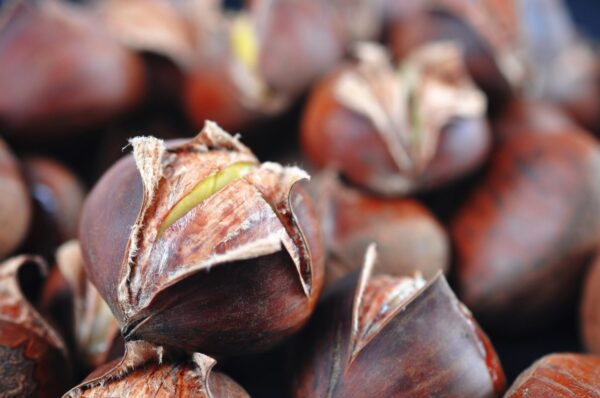
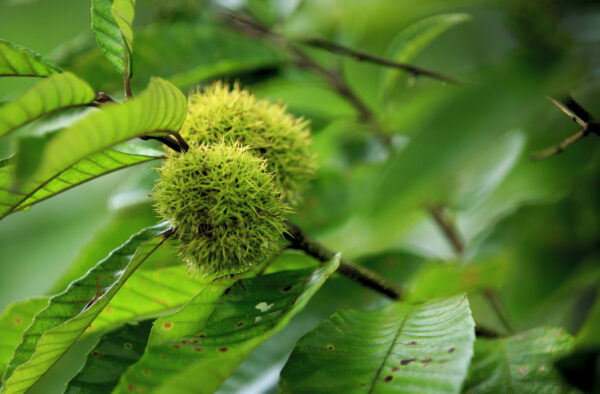
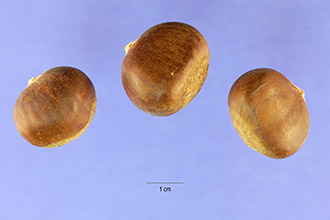
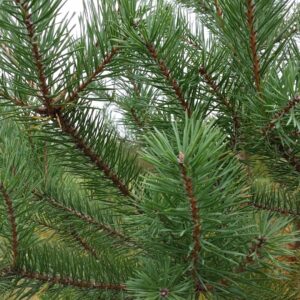
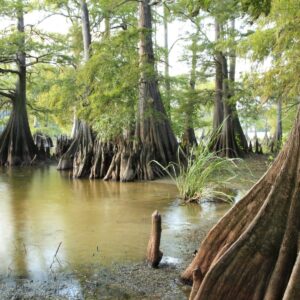
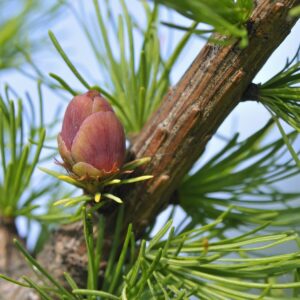
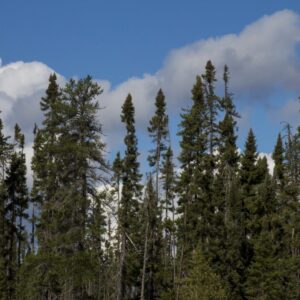
Reviews
There are no reviews yet.